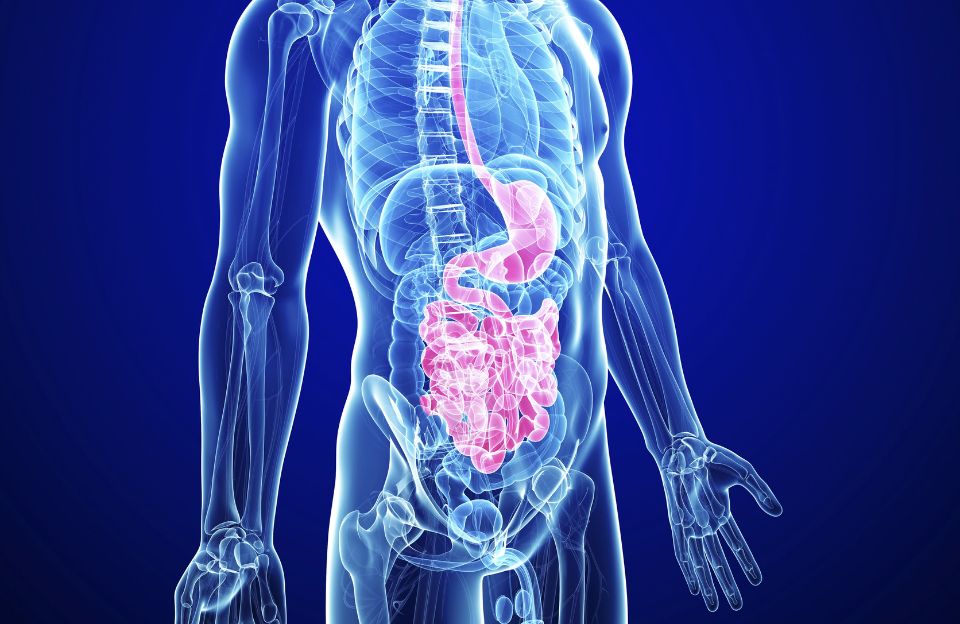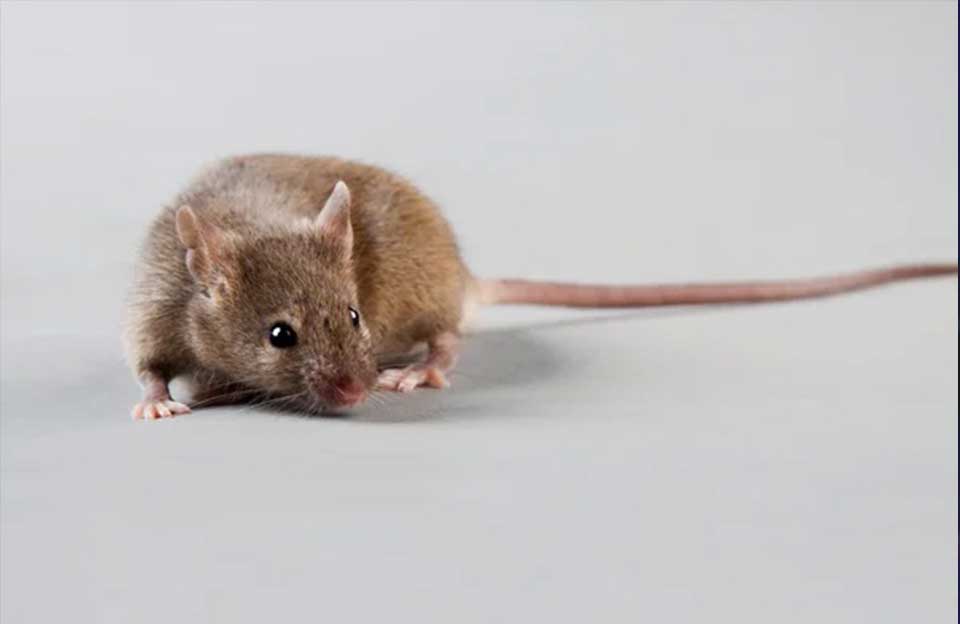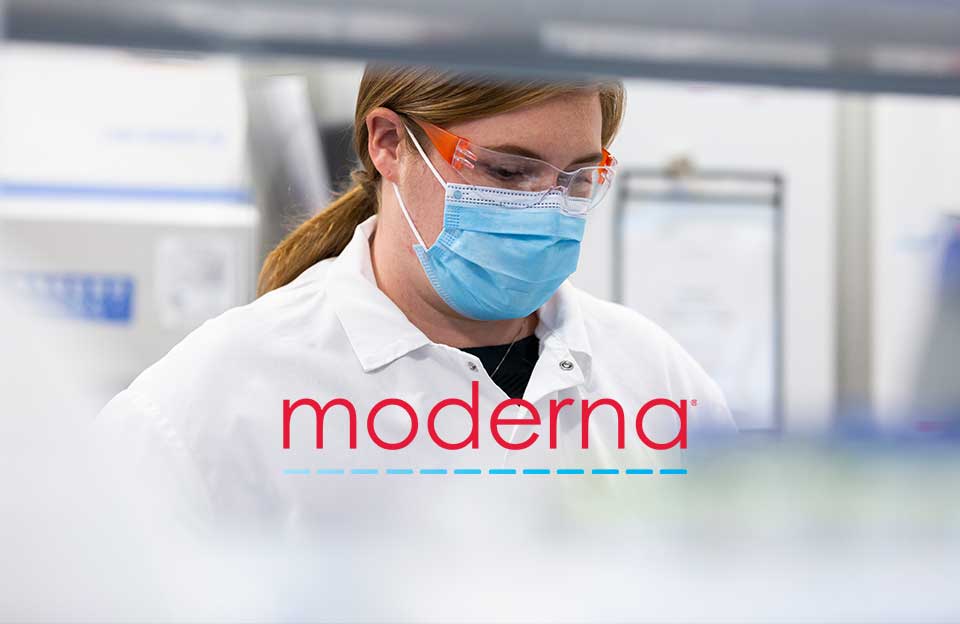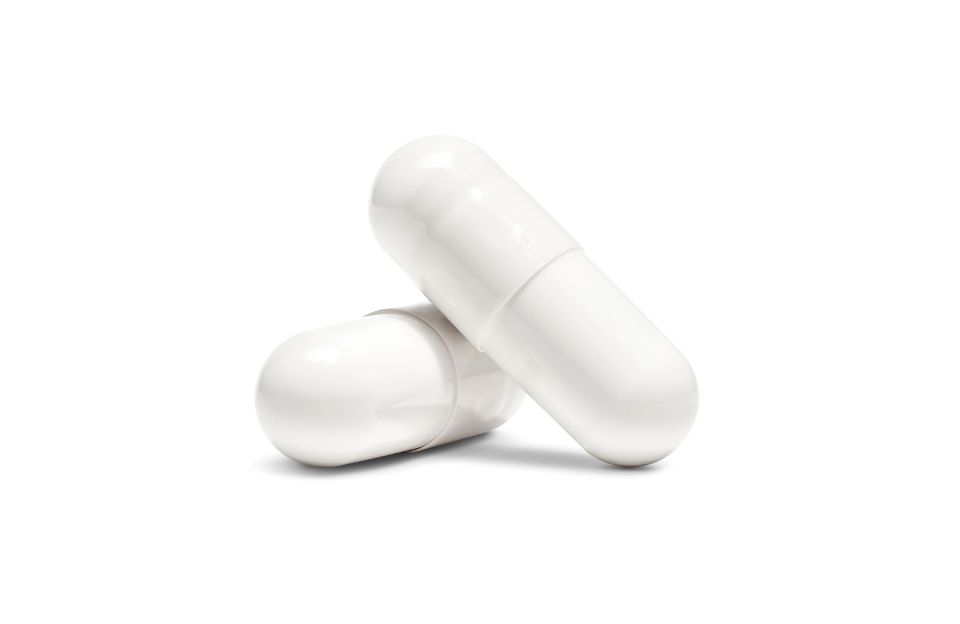Our gut microbiome is super important for our digestive and immune health. Now scientists are looking at how our microbiome changes over our lifetimes, and what the results of those changes are to our bodies. Could treating our gut bacteria help us to live longer, healthier lives? In this post we’ll explore the science behind our microbiome and what it means for our longevity.
WHAT IS THE GUT MICROBIOME?

Your gut microbiome is made up of over 100 trillion different microorganisms that live inside your small intestine. Sounds gross, right? But your microbiome is super important for your digestive, immune, and overall health.
Most of the microorganisms in your microbiome are different types of bacteria. If you’ve ever seen yogurt ads talking about “good bacteria,” that’s what they mean. Not all bacteria is bad. We need some of it to help us digest food and break down waste. Good bacteria can even fight and destroy bad bacteria, helping to protect you from getting sick.
Your gut microbiome contains more than three million genes, compared with 23,000 in human DNA. These genes help our bodies to make metabolites like amino acids, fats, and carbohydrates that we need to function.
WHAT’S IN OUR GUT MICROBIOME?

So what sort of bacteria and microorganisms are found in our gut microbiome? There are more than 160 species, and countless subtypes. However there are two main groups of bacteria that make up more than 90% of our microbiome. These are Firmicutes and Bacteroidetes.
About 95% of all the Firmicutes in our gut bacteria are Clostridium. This genus includes several human diseases such as botulism, tetanus, and C. difficile. In small numbers, this type of bacteria is very beneficial to us. Clostridium helps strengthen the intestinal barrier, which protects our immune system. However if Clostridium gets out of control, we can become very sick.
The main types of Bacteroidetes found in our microbiome are Bacteroides and Prevotella. Like Clostridium, Bacteroides can cause human illnesses. Bacteroides is found in most low-oxygen infections. It is highly antibiotic-resistant, and has an associated mortality rate of 19%. However, in our gut it’s also very useful. It helps break down carbohydrates into fatty acids that we absorb through the large intestine. This provides a significant amount of the energy we use every day.
Prevotella also helps break down our food. It works best on tough fibers found in plant material. But like Bacteroides, it can cause infections. Prevotella is often found in respiratory tract infections such as pneumonia, lung abscesses, and pulmonary empyema.
So now we know that the bacteria in our gut microbiome help our bodies in many different ways. But it’s important our microbiome stays in balance, otherwise the bacteria can get out of control and become harmful. Several factors affect the balance of our gut microbiome and can affect our health.
WHAT FACTORS AFFECT GUT MICROBIOME?

All kinds of lifestyle factors impact our gut microbiome. Some of them we can control, but others relate to the environment where we live, and even what happened to us before we were born. For example preterm babies (born before 37 weeks) have less Bifidobacterium spp. than babies born at full-term. Bifidobacterium spp. is a “good” bacteria. It helps break down food and fight off “bad” bacteria that cause intestinal disorders like diarrhea and constipation.
Babies born via vaginal delivery also have higher rates of Bifidobacterium spp. than those born by cesarean section. In fact, many important gut bacteria are impacted by the method of birth. Escherichia is also more prevalent in babies born vaginally. The most well known Escherichia species is E. coli, a harmful bacteria. But the majority of Escherichia species are harmless or even good for us. In newborns, Escherichia helps to produce Vitamins K and B12, which help with blood health.
The type of diet we eat also affects our gut microbiome, and this can be highly location-specific. There are two main global diets. The Western diet is high in fat and animal protein, and the African diet is high in fiber.
People who eat a Western diet have increased levels of Bacteroides. They also have higher levels of Alistipes and Barnesiella. Alistipes is important for maintaining liver health, and Barnesiella fights infections. But Western diets are also high in Actinobacteria, which is associated with ulcerative colitis. Another problem bacteria in Western diets is Bilophila. This can aggravate metabolic conditions like intestinal barrier dysfunction and bile acid dysmetabolism.
African diets are lower in the beneficial bacteria Bacteroides, Alistipes, and Barnesiella. But this diet has higher levels of other good bacteria. Two of these include Oscillibacter and Butyricicoccus. Oscillibacter may help prevent gut dysfunction in people who eat high-fat diets. Butyricicoccus could have a role in preventing inflammatory bowel disease.
Our body mass index (BMI) and exercise levels also impact our gut microbiome. Being overweight or underweight changes the balance of good bacteria, although in different ways. Overweight people have less Bifidobacterium, which helps prevent colorectal cancer and bowel disease. Underweight people have less Roseburia spp., which helps boost metabolism.
Another common factor that affects our gut microbiome is the medication we take. Especially antibiotics. Many antibiotics target bacteria indiscriminately. That means a single course of medication can kill off a lot of the microbiome. This can lead to imbalances that affect our immunity. In one study, scientists treated newborn mice with antibiotics. They found the mice were more likely to develop food allergies as a result.
In recent years, efforts have been made to reduce the number of antibiotics given to food animals. This prevents antibiotics from moving up the food chain and into our bodies. Controlling antibiotics can help to reduce the spread of antibiotic-resistant bacteria. And it also helps protect our microbiomes.
Almost everything about us, including how we live, what we eat, and what medications we take, has an impact on our gut microbiome. While we can manage some of these factors, there are others that are completely beyond our control. The most significant is aging.
HOW DOES OUR MICROBIOME CHANGE AS WE AGE?

Recent studies have examined the differences in our microbiome over time. They show that our microbiome changes in two key ways as we get older. Firstly, the number of aerobic bacteria decreases and anaerobic bacteria increase. Secondly, older people tend to have a greater number of coliform bacteria in their microbiome.
Aerobic bacteria need oxygen to survive, while anaerobic bacteria don’t. Instead of oxygen, anaerobic bacteria get their energy from one of two other sources, lactic acid or alcohol fermentation. Anaerobic metabolism produces a lot of unpleasant side-effects. These include nitrate, methane, and sulphide-like substances. Both aerobic and anaerobic bacteria have good and bad types, but the other substances caused by anaerobic metabolism can cause an imbalance in gut health.
Coliforms belong to the bacteria family Enterobacteriaceae. These bacteria make up about 10% of the average person’s microbiome. Most of them are Escherichia, the bacteria that helps babies make Vitamins K and B12. However there are harmful types of coliforms, including E. coli.
For a long time, scientists believed that all coliforms came from the intestines of humans and other animals. It’s only recently that we discovered coliforms that had no animal origin. These coliforms live in water. This has called into question how we test if water is safe to drink. Because scientists thought coliforms all came from the intestines, their presence in water meant the water was contaminated with feces. Now we know that isn’t always the case.
In our microbiome, too many coliforms can be a problem because they’re anaerobic. That means they get their energy from sources other than oxygen, and they create a lot of harmful byproducts as a result. The researcher who discovered this increase in coliforms described them as “weeds in the garden” of our microbiome. Too many coliforms can upset the balance of our microbiome and cause wider health problems.
HOW OUR MICROBIOME AFFECTS THE IMMUNE SYSTEM

Too many bad bacteria in your gut can make you feel pretty miserable. These bacteria can cause a wide range of gastrointestinal upsets. From feeling a bit bloated or gassy, to suffering from ulcerative colitis, inflammatory bowel disease, and IBS. Some bacteria are also associated with colorectal cancer.
However it isn’t just in your digestive system that you feel the effects of a microbiome imbalance. Our gut microbiome is also closely associated with our immune system. This is because of the intestinal barrier.
The intestinal barrier is where the contents of the intestine come into contact with our immune system. Nutrients have to get through the barrier, because this is how we get nourishment from our food. But bacteria and harmful microorganisms have to stay where they are. If the intestinal barrier is strong, only the right molecules can get through. However if the barrier is weak, the harmful bacteria and pathogens in our gut can get into our bodies.
Defects in the intestinal barrier are associated with many diseases. This includes gastrointestinal disorders like celiac disease, inflammatory bowel disease, and colon cancer. These defects can also lead to non-intestinal disorders like chronic liver disease, type 1 diabetes, and obesity. Researchers think that the bacteria that escape our intestinal barrier can change our immune systems. This leads to widespread inflammatory problems.
The intestinal barrier is made up of enteroendocrine cells. These cells produce hormones in response to nutrients. The GI tract also contains about 70% of our lymphocytes, a type of white blood cell important for our immune system. Covering the cells of the barrier is a mucus that contains the gut microbiome. That means an imbalance in our microbiome can disrupt the intestinal barrier and come into direct contact with our immune system.
THE FUTURE OF OUR MICROBIOME

So what does all this research mean for the future? Researchers hope that they can better understand how each strain of bacteria affects our bodies. We can already help support our microbiomes by taking probiotics loaded with “good” bacteria. Over time, we could develop more targeted approaches to undoing microbiome imbalances. This could one day help prevent or treat a range of gastrointestinal and immune disorders.









